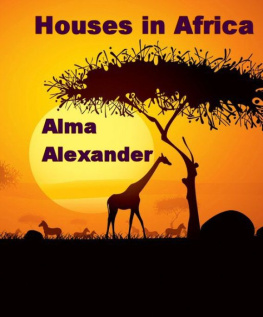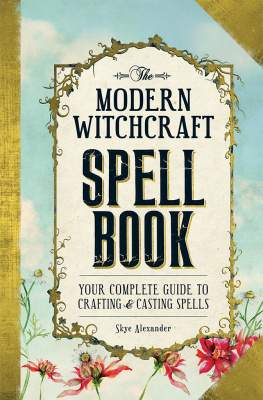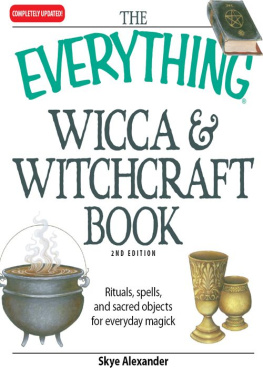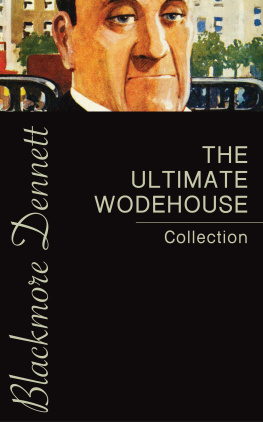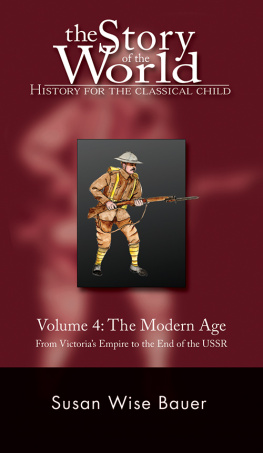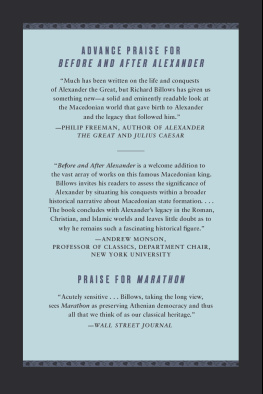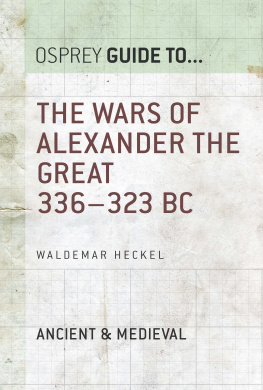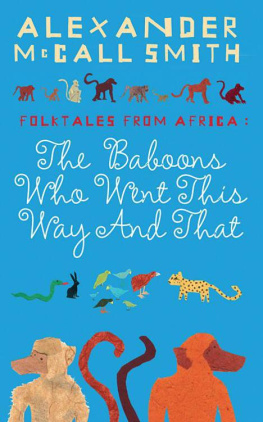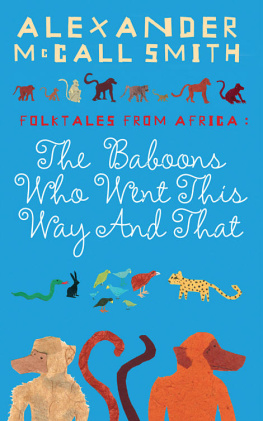Alexander - Houses in Africa
Here you can read online Alexander - Houses in Africa full text of the book (entire story) in english for free. Download pdf and epub, get meaning, cover and reviews about this ebook. publisher: Alma Alexander, genre: Non-fiction. Description of the work, (preface) as well as reviews are available. Best literature library LitArk.com created for fans of good reading and offers a wide selection of genres:
Romance novel
Science fiction
Adventure
Detective
Science
History
Home and family
Prose
Art
Politics
Computer
Non-fiction
Religion
Business
Children
Humor
Choose a favorite category and find really read worthwhile books. Enjoy immersion in the world of imagination, feel the emotions of the characters or learn something new for yourself, make an fascinating discovery.
- Book:Houses in Africa
- Author:
- Publisher:Alma Alexander
- Genre:
- Rating:3 / 5
- Favourites:Add to favourites
- Your mark:
- 60
- 1
- 2
- 3
- 4
- 5
Houses in Africa: summary, description and annotation
We offer to read an annotation, description, summary or preface (depends on what the author of the book "Houses in Africa" wrote himself). If you haven't found the necessary information about the book — write in the comments, we will try to find it.
Houses in Africa — read online for free the complete book (whole text) full work
Below is the text of the book, divided by pages. System saving the place of the last page read, allows you to conveniently read the book "Houses in Africa" online for free, without having to search again every time where you left off. Put a bookmark, and you can go to the page where you finished reading at any time.
Font size:
Interval:
Bookmark:
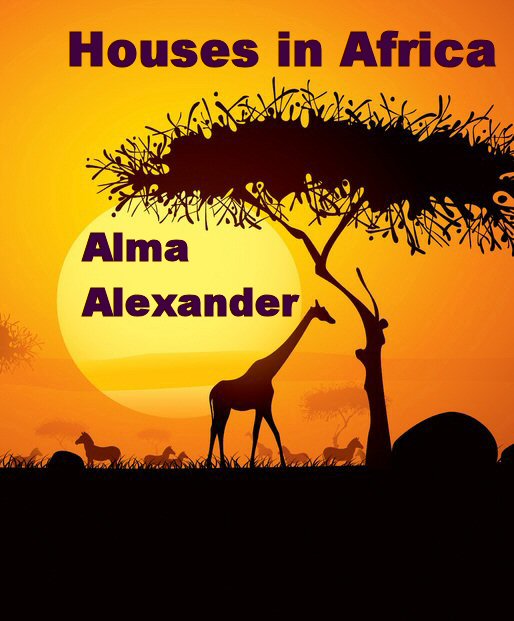
By
Alma Alexander
Kos Books

Kos Books
A & D Deckert
343 Sudden Valley Drive
Bellingham WA 98229
Smashwords Edition
Copyright 2011 Alma Alexander
First published 1995
Table of Contents
Here be Dragons
Zambia
Swaziland
South Africa
The Dust of Africa
About the Author
Other Books by Alma Alexander
For all those who
Shared my African odyssey
And Especially for Dad,
Who began it.
A friend once told me that the differencebetween the two of us was the fact that I built nests, and she washappy to live out of suitcases. Back in 1973, I thought my nest wasinvincible. I knew where I belonged, cozy in my world; I had thequiet routine of my days, a clutch of best friends at school,grandparents with whom my relationship was one of mutual adoration.I was ten years old and with very little warning the world I hadbuilt was about to come to an explosive end.
Children are rarely given any real say in familydecisions. I was not asked what I wanted when my fatherobtained a short-term contract under the auspices of the UnitedNations, to go and advise the Government of Zambia ontransportation projects as Foreign Aid expert. I was simplypresented with the arrangements once they had been made. We wouldbe going to Africa. We would be leaving behind everything that Iknew, loved and understood, for the sake of an unknownwilderness.
I railed against it. Things are never as simpleas when viewed with hindsight, and perhaps, at the time, it reallywas no more than childish pique and a terror of being torn awayfrom a nest I had happily buried myself in. I wasnt planning tohave a certain kind of childhood as opposed to any other kind, Iwas far too young to make that sort of decision, but I did realize,however nebulously, that it was quite possible that nothing Ihad ever intended would come to pass. I would be literallytransplanted, into a world I knew very little about, and I did notknow if I would take. Africa was a place shrouded in darkness andstalked by mystery. Whatever my life might have been like if I hadstayed behind in the quiet Yugoslav town on the shores of Danube,everything was now up in the air I could not know what myreactions would be to something I had never experienced. All that Idid know was that, in the manner of ancient maps, Africa was a hugeblank over whose cartographic expanse pulsed the words, Here BeDragons.
The dragons turned out to be quite otherthan what I had expected. Sometimes they were entirely invisible,and I could only feel their fiery breath; other times they layimplacably across what had looked to be easy roads, forcing me toseek alternative paths through the wilderness. Africa threw upgifts and challenges which would never have come my way if I hadremained buried in the tranquil, civilized, tamed, and well-beatenpaths of Europe.
I never quite gave my heart to Africa, butthe Dark Continent shaped my mind and my soul. I would inevitablybecome and remain one of Africas children.
I did not yet know how insidious thisprocess would be, how it would bite all the deeper, like a snare,if I tried to pull away too hard. How the wisdom and the knowledgeI would sometimes rather not have would be quietly slipped into mysubconscious when I wasnt paying attention. How I would learn torecognize and know the country and the people I was quietly growingup in and around, and how, in the end, I would accept Africaspower, and never want to return from it to the place I had been soterribly loath to leave.
It wasnt simply that I had been given achance to see an elephant in the wild, or hold a lion cub in myhands, or love and own a dog (which would have been unlikely tohappen in the cramped one-bedroomed flat where my family had beenliving prior to our departure) things that, for most of mycontemporaries in Yugoslavia, remain dreams.
Africas real gift would be that Id slowlybegin to comprehend how these things fitted together. And at theend, I wouldnt have to walk away content with a mere glimpse of adifferent tapestry. Africa showed me how one was woven.
I had been in Africa for over two thirds ofmy life by the time I finally left, and I was inexorably changed bymy life there. I had been malleable clay when I arrived, and it wasAfrica that had a hand in shaping me into the form I exist today.For better or for worse, it had been the African sun which hardenedthe clay, finished the statue, and then, Pygmalion-like, gave itthe kiss of life and sent it off to slay those dragons of whichthe empty maps once warned the unwary traveller.
I could not know of any of this as my planelifted off from the soil of the Old Country towards the unknown,and I cried as I watched my world being left behind. But I wept forfar more than the fear and the loss. Perhaps it was the instinctiveknowledge that something irrevocable had just been done, and thatmy life would never be the same again.
The air smelled odd. The tarmac of theairport was warm even through madly inappropriate winter shoes. Andthe sky the sky looked strangely painted, as though torn from awork of art, and it was altogether too big. The horizonstretched endlessly, shimmering in the distance, and the big skywas everywhere, vivid, blue, dotted with cotton-wool puffclouds.
My family landed at the Lusaka internationalairport towards the end of October, wearing all the paraphernaliathat the Northern Hemisphere winter demanded. What we discovered inAfrica was the balmy air of tropical summer and the fact that ourluggage, containing any possible changes of clothing more conduciveto our new climate, had not arrived with us. Our hungry staring atthe inviting pool of the Lusaka Intercontinental Hotel, where wewere taken from the airport, was all to no avail until we couldobtain the requisite apparel to enjoy it. And staring was somethingat which we got plenty of practice during our first weeks in acurious new place.
To eyes schooled in European architecture,with its centuries-old styled and solidity, the capital of Zambialooked a little like the wild west, lined with colonnades ofsometimes none-too-clean pillars supporting shading roofs over thesidewalks. The main street of Lusaka was pitted with Tarmac patchesand the occasional yawning pothole.
In the middle island separating the twolanes of traffic of Independence Avenue, beneath purple jacarandas,yellow acacias and evocatively named flame-trees and so-calledflamboyants laden with vivid scarlet blossom, seethed a bright,thriving impromptu market full of ivory bangles (they were yet tobecome taboo), wooden carvings (mainly solemn faces with the broad,flat noses typical of middle-African physiognomy) ranging from thecrude to the exquisite, and a vast array of items made from a greenstone called malachite. This seemingly had the ability to bewrought into anything from long oval beads strung into necklaces,with tiny, cheap spheres of green plastic in between to avoidabrasion of stone against stone, to heavily polished stone eggs andashtrays with characteristic concentric green swirls. Malachite wasa stone associated with copper bearing country, and there were richcopper veins up in the north of Zambia. As we were to discover,malachite was omnipresent.
Other stones abounded, too. Bracelets ofcheap metal links, with polished, unshaped chunks of rawsemi-precious stones like tigers-eye and rose quartz stuck on themwith sometimes highly visible glue, hung by the dozens on wirestands, and elsewhere there were baskets of loose semi-preciouspebbles for tourists to paw through.
Font size:
Interval:
Bookmark:
Similar books «Houses in Africa»
Look at similar books to Houses in Africa. We have selected literature similar in name and meaning in the hope of providing readers with more options to find new, interesting, not yet read works.
Discussion, reviews of the book Houses in Africa and just readers' own opinions. Leave your comments, write what you think about the work, its meaning or the main characters. Specify what exactly you liked and what you didn't like, and why you think so.

